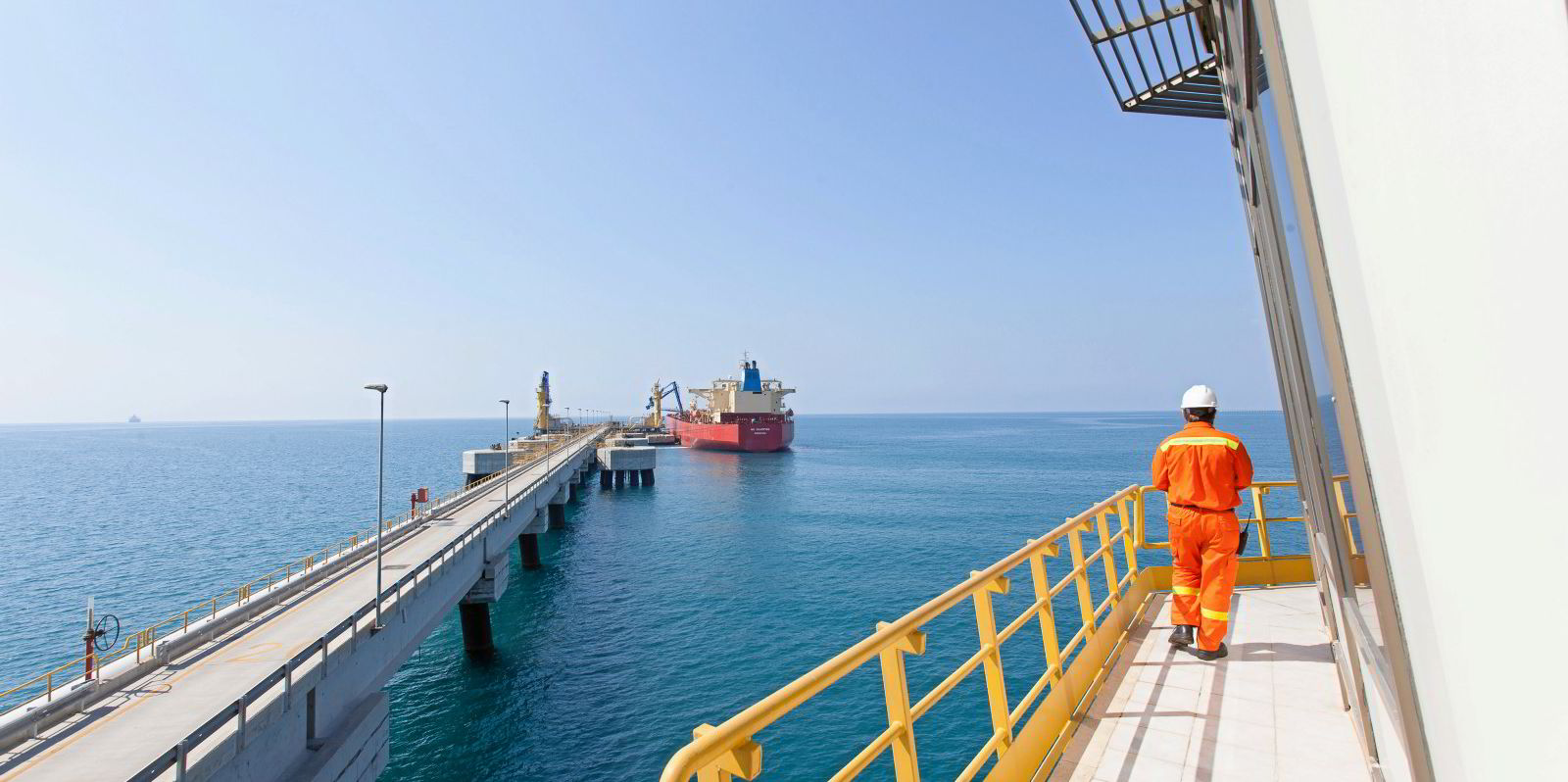A deal to restart exports of crude through the Iraqi Turkish Pipeline (ITP) may be in the offing, but the outage underlines the dangers of oil transits through other countries, brokers said.
The Iraq government turned off the tap in March after the International Chamber of Commerce (ICC) ruled in its favour in a $1.5bn arbitration case relating to earlier shipments filed against Turkey in 2014.
The pipeline was pumping 370,000 barrels per day (bpd) of crude from the semi-autonomous Kurdistan region and 75,000 bpd of Iraqi oil for export on suezmaxes and aframaxes from the Turkish Mediterranean port of Ceyhan before the stoppage.
Brokers have cited unconfirmed reports circulating that a resolution had been found and that Iraqi and Kurdish officials have requested that Turkey restart flows through the pipeline.
“If this was to be the case, it should provide a boost to Mediterranean suezmax demand as these 1m-barrel vessels previously lifted the majority of the [Kurdish] crude,” French shipbroker BRS Group said.
“However, as we are in the midst of Turkey’s presidential election, it might take some time before the ITP resumes pre-closure levels,” it added.
UK broker Gibsons said disruption to crude exports is nothing new, but recent geopolitical events have highlighted the precariousness of shipments in some parts of the world, particularly where exports involve transiting another nation.
Aside from the ITP issue, unrest in Sudan threatens flows through the Greater Nile Pipeline.
In addition, Russia has the power to stop exports from Kazakhstan via the CPC pipeline.
Gibsons identifies a “significant risk” for the tanker sector if Russia does disrupt a major source of oil supply and demand for the aframax and suezmax markets.
Expansion unlikely
Due to the perceived risk, Kazakhstan has explored exporting oil across the Caspian Sea to Baku for injection into the Baku-Tbilisi-Ceyhan (BTC) pipeline.
“However, so far this has not exceeded one or two cargoes per month and is unlikely to expand much further given the logistical challenges and costs involved," Gibsons added.
As for the ITP, “the aframax and suezmax markets eagerly await the return of 400,000 bpd of seaborne crude flows,” the broker said.
In Sudan, although the export volume is relatively low, averaging just over 110,000 bpd last year, combined with other supply risks and a tighter oil market, the price impact could still be felt, the London shop said.
“In essence, anywhere crude exports from one country rely on transiting another country, the risk of disruption persists, with the transit country having the leverage over the landlocked exporter, should their political goals not align,” Gibsons argued.





